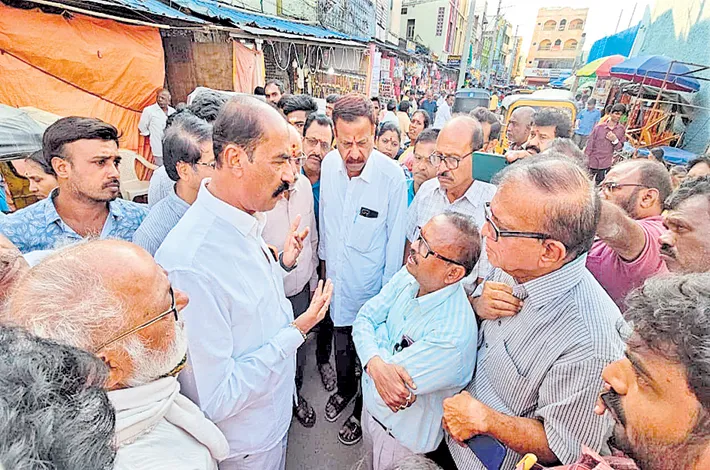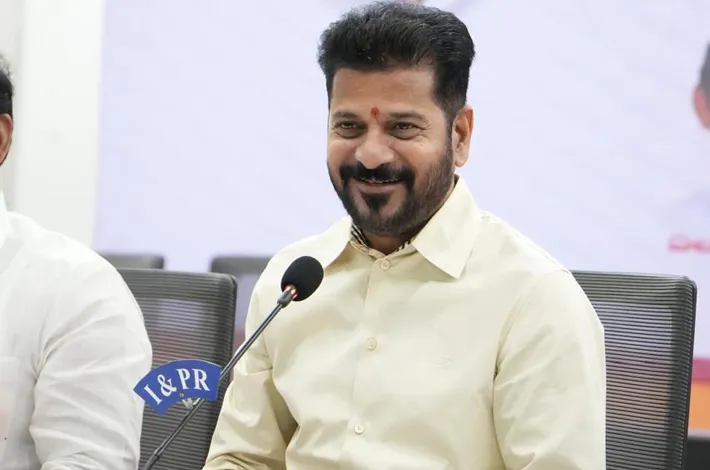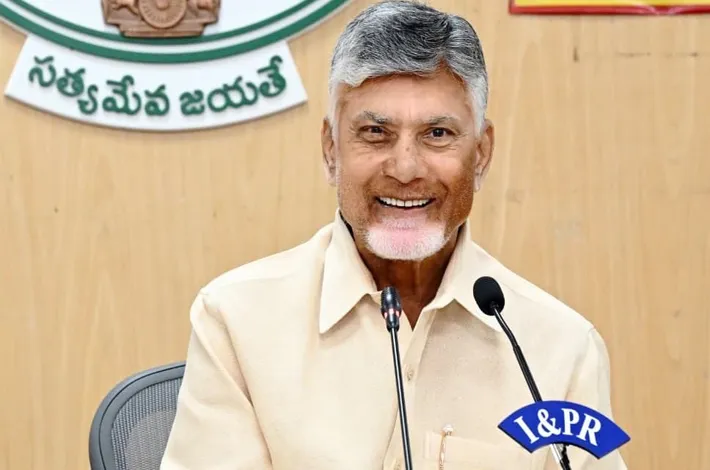Residents halt Vemulawada temple works
22-11-2025 12:00:00 AM

■ Residents on the temple's southern side have forcefully obstructed the entry of heavy machinery
■ Facelift and expansion works sanctioned at over Rs. 76 crore
Metro India News | Hyderabad
The historic Sri Raja Rajeshwara Swamy Temple at Vemulawada in Rajanna Sircilla district, popularly known as Rajanna Temple and revered as 'Dakshina Kashi' in Telangana, is once again at the center of a heated controversy. As authorities push forward with ambitious facelift and expansion works sanctioned at over ₹76 crore, local shop owners and residents on the temple's southern side have forcefully obstructed the entry of heavy machinery, escalating the long-simmering Vemulawada temple row.
Residents claim the proposed expansion encroaches upon the main road by up to 25 feet, drastically narrowing the thoroughfare and threatening their homes and businesses. "This will shrink the road, displace us, and destroy our livelihoods without fair process," fumed one shop owner during heated arguments with officials. They demand prior determination of the road's final width, issuance of formal notices, and adequate compensation before any demolition or construction begins. "How can they start work without even notifying us?" questioned another, highlighting the absence of legal notices as a key grievance.
The standoff turned tense as locals confronted temple and revenue authorities on-site, preventing earthmovers from proceeding. This latest flashpoint adds to the ongoing facelift controversy that has plagued the project throughout 2025. Earlier this year, plans to temporarily suspend darshanams for renovation triggered massive protests, bandhs, and political outrage from BJP leaders like Bandi Sanjay Kumar, who accused the Congress government of hurting devotee sentiments by shifting rituals to nearby Bheemeshwara temple.
Opposition parties, Hindu organizations, and traders formed committees, staging effigy burnings and town-wide shutdowns in May. Similar objections arose over midnight demolitions for related road widening and bridge projects near Mulavagu, where residents decried inadequate compensation and abrupt actions. Even after momentum picked up post the Sringeri Peethadhipathi's visit in October, locals' objections have repeatedly delayed works, blending fears of displacement with concerns over preserving the temple town's traditional character.
While the government insists the expansion— including new mandapams, pillars, and amenities—will enhance the pilgrim experience for the millions who visit annually, affected families argue it's coming at their expense. With no resolution in sight, this locals' objections-driven impasse underscores the delicate balance between heritage modernization and community rights in one of Telangana's most sacred sites.








